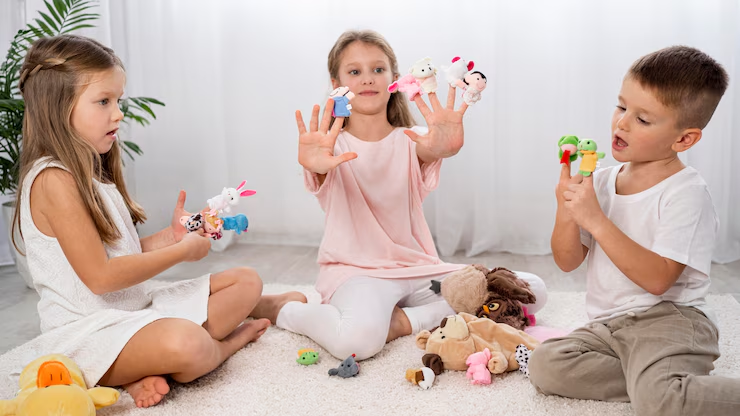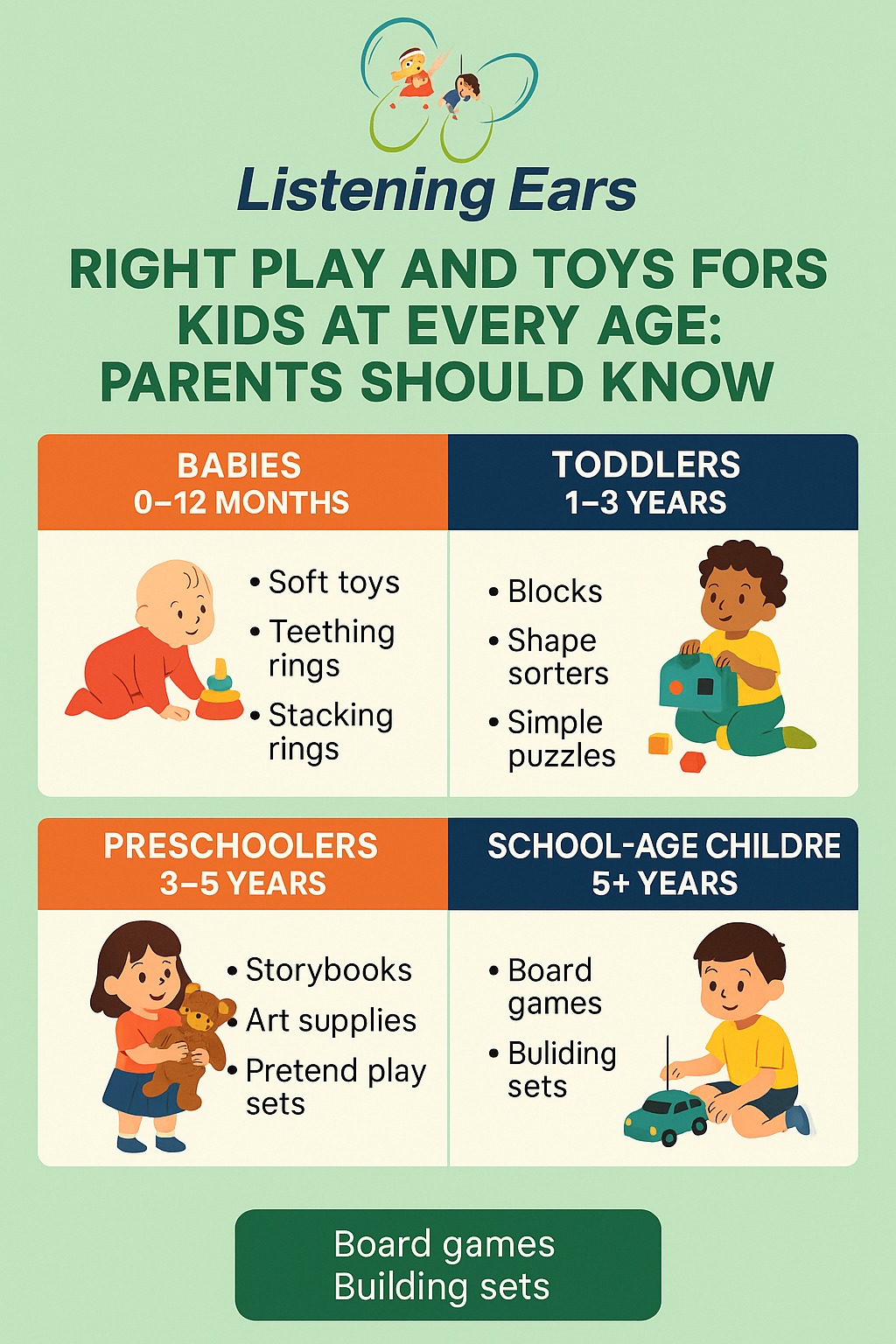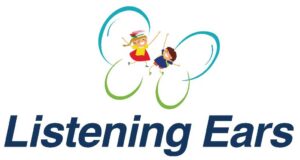
Playing isn’t just fun for kids—it’s how they learn, grow, and explore the world. According to the World Health Organization, children who engage in age-appropriate play for at least 1–2 hours daily develop 25% faster motor skills and show a 30% improvement in problem-solving abilities compared to those with limited play. Experts from the American Academy of Pediatrics also note that guided play enhances social skills and emotional understanding, helping children make friends and build confidence. Choosing the right toys at the right age ensures your child learns while having fun and stays on track for healthy growth.
Why Play Is Super Important for Kids
Play is more than just entertainment—it is a child’s main job! When kids play, they:
- Learn to move and control their bodies better
- Understand and express their emotions
- Build social skills and make friends
- Gain confidence to try new things
How Play Boosts Brain Development
Play helps the brain create connections, improving memory, attention, and problem-solving skills. Active and imaginative play stimulates different areas of the brain, helping children think creatively and learn faster.
Emotional Benefits of Play
Through play, children learn to manage feelings, cope with stress, and develop patience and empathy. Play also builds resilience, helping kids adapt to challenges as they grow.

Social Benefits of Play
Playing with peers or parents teaches kids sharing, cooperation, and teamwork. These social skills are crucial for school and lifelong relationships.
The Best Toys and Activities for Different Ages
Newborn Babies (0-1 Month)
At this stage, babies need love, hugs, and attention to feel secure.
Recommended toy: Hanging mobiles above their bed to help them focus and track movement.
1-3 Months Old
Babies start noticing movement and sounds, turning their heads toward them.
Recommended toys: Music boxes and play gyms to stimulate their senses.
3-6 Months Old
Babies begin to grab and pass objects, strengthening hand-eye coordination.
Recommended toys: Plastic keys, soft balls, and small lightweight items they can hold.
6-8 Months Old
Babies start crawling and exploring everything around them.
Recommended toys: Drums, plates and spoons to bang, balls to throw, and board books.
8-12 Months Old
Babies can point at things and may take their first steps.
Recommended toys: Blocks to stack, toys with different textures, and touch-and-feel books.
12-15 Months Old
Toddlers are becoming more independent and curious.
Recommended toys: Heavier push toys and simple picture books to explore.
15-18 Months Old
Kids love climbing, throwing, and kicking as they get stronger.
Recommended toys: Riding toys, stacking or sorting toys, and outdoor play equipment.
18-21 Months Old
Toddlers can solve small problems and start talking more confidently.
Recommended activities: Simple puzzles, reading books, and singing nursery rhymes together.
21-24 Months Old
Curiosity and imagination peak, and toddlers enjoy pretend play.
Recommended toys: Big crayons and chalk, doctor kits, toy kitchens, and role-playing sets.
How to Choose the Right Toys
Consider Your Child’s Age and Skills
Choose toys that match your child’s developmental stage, not just what looks fun. Age-appropriate toys support motor, cognitive, and social skills.
Safety Comes First
Ensure toys are non-toxic, sturdy, and free from small parts for young children. Always check age recommendations and safety certifications.
Mix Learning and Fun
Look for toys that combine physical activity, problem-solving, and creativity. For example, puzzles improve thinking, while building blocks enhance coordination.
Encourage Imaginative Play
Pretend play toys like kitchen sets, costumes, or doctor kits help children develop imagination, language, and social skills.
Tips for Parents to Support Play
- Follow your child’s interests: Let them choose toys they enjoy to stay engaged.
- Create safe play spaces: Clear areas for movement and exploration.
- Mix active and quiet play: Encourage both physical and mental development.
- Engage in play together: Bonding through play strengthens emotional growth.
- Rotate toys regularly: Keep toys fresh and interesting while avoiding clutter.
- Include outdoor play: Activities like running, climbing, or ball games improve physical fitness and coordination.
- Use everyday items creatively: Simple items like pots, spoons, or boxes can be fun toys and also help reinforce behavioral strategies.
Parent Tips for Supporting Play
| Strategy | How to Implement |
| Follow child’s interests | Let them choose toys they enjoy to maintain engagement |
| Create safe play spaces | Clear areas for free movement and exploration |
| Mix active and quiet play | Balance physical activities with calm, focused play |
| Engage in play together | Bond through shared playtime to strengthen emotional growth |
| Rotate toys regularly | Keep play fresh and interesting while avoiding clutter |
| Include outdoor play | Running, climbing, ball games improve physical fitness |
| Use everyday items creatively | Pots, spoons, boxes can become fun, imaginative toys |
| Consider age and skills | Match toys to developmental stage, not just appearance |
| Prioritize safety | Choose non-toxic, sturdy toys without small parts for young children |
| Encourage imaginative play | Provide pretend play items like costumes, kitchen sets, doctor kits |
Conclusion
Choosing the right play and toys for every age is essential for a child’s development, confidence, and happiness. Age-appropriate toys help kids learn, solve problems, and interact socially. Parents seeking expert guidance can turn to Listening Ears, where trained specialists recommend personalized play and learning activities to help children grow safely and happily.
FAQ's
Why is play so important for kids?
Play is how children learn new skills, express feelings, and explore the world. It strengthens social, emotional, and physical development while keeping learning fun.
How do I know which toys are right for my child?
The best toys match your child’s age, abilities, and interests. Specialists or occupational therapists can help parents choose age-appropriate options.
Can babies play too?
Yes! Even newborns benefit from gentle interaction, sounds, and visuals like mobiles, music boxes, and soft toys to stimulate their senses.
How much time should kids spend playing daily?
Experts recommend at least 1-2 hours of active play for toddlers, combined with free and guided activities. Older kids can spend more time on structured and imaginative play.
Are pretend and role-playing toys important?
Absolutely! They encourage imagination, problem-solving, and social skills, especially for children over 2 years old.
Can playing help children learn faster?
Yes. Age-appropriate play improves hand-eye coordination, language, cognitive skills, and emotional understanding.
What if my child doesn’t like certain toys?
Every child is different. Follow their interests and try different types of play until they find what excites them.
Where can I get expert help for choosing toys and play activities?
Professional guidance from specialists at Listening Ears can help parents choose safe and educational toys for each stage of development.
